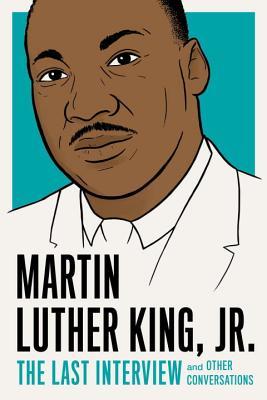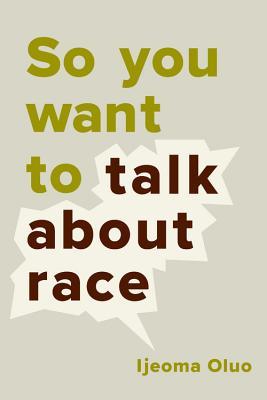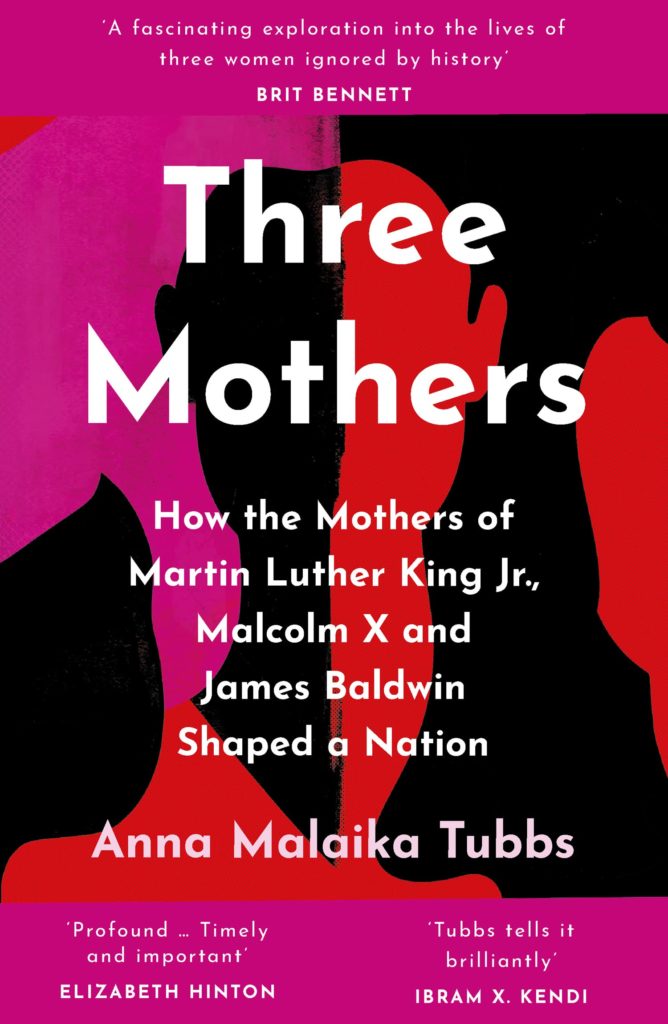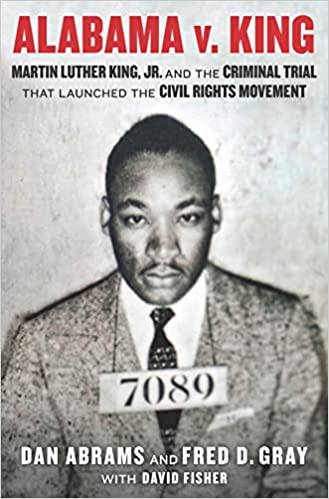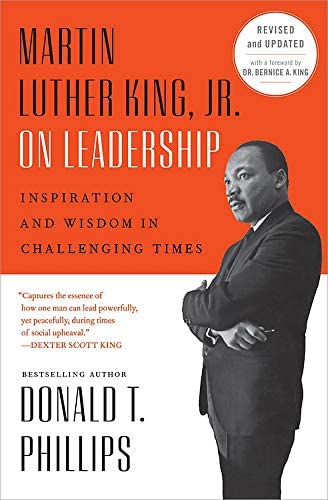Martin Luther King, Jr.: The last interview : and other conversations
This collection ranges from an early 1961 interview in which King describes his reasons for joining the ministry (after considering medicine), to a 1964 conversation with Robert Penn Warren, to his last interview, which was conducted on stage at the convention of the Rabbinical Assembly, just ten days before King’s assassination.
The essential Martin Luther King, Jr : “I have a dream” and other great writings
Here, in Dr. King’s own words, are writings that reveal an intellectual struggle and growth as fierce and alive as any chronicle of his political life could possibly be. Included amongst the twenty selections are Dr. King’s most influential and persuasive works such as “I Have a Dream” and “Letter from Birmingham Jail” but also the essay “Pilgrimage to Nonviolence,” and his last sermon “I See the Promised Land,” preached the day before he was assassinated.
“The Essential Martin Luther King, Jr.” includes twenty selections that celebrate the life’s work of our most visionary thinkers. Collectively, they bring us Dr. King in many roles–philosopher, theologian, orator, essayist, and author.
The Civil rights movement in America : essays
The six papers in this collection, each supplemented by a follow-up assessment, contribute to a clearer perception of what caused and motivated the movement, of how it functioned, of the changes that occurred within it, and of its accomplishments and shortcomings. Its profound effect upon modern America has so greatly changed relations between the races that C. Vann Woodward has called it the “second revolution.”
So you want to talk about race
Oluo is an exceptional writer with a rare ability to be straightforward, funny, and effective in her coverage of sensitive, hyper-charged issues in America. A contemporary, accessible take on the racial landscape in America, addressing head-on such issues as privilege, police brutality, intersectionality, micro-aggressions, the Black Lives Matter movement, and the “N” word. Perfectly positioned to bridge the gap between people of color and white Americans struggling with race complexities, Oluo answers the questions readers don’t dare ask, and explains the concepts that continue to elude everyday Americans.
The three mothers : how the mothers of Martin Luther King, Jr., Malcolm X, and James Baldwin shaped a nation
In her groundbreaking and essential debut The Three Mothers, scholar Anna Malaika Tubbs celebrates Black motherhood by telling the story of the three women who raised and shaped some of America’s most pivotal heroes. Berdis Baldwin, Alberta King, and Louise Little were all born at the beginning of the 20th century and forced to contend with the prejudices of Jim Crow as Black women. These three extraordinary women passed their knowledge to their children with the hope of helping them to survive in a society that would deny their humanity from the very beginning. These women used their strength and motherhood to push their children toward greatness, all with a conviction that every human being deserves dignity and respect despite the rampant discrimination they faced.
Waking from the dream : the struggle for civil rights in the shadow of Martin Luther King Jr
David L. Chappell turns his attention to the years after Martin Luther King’s assassination—and provides a sweeping history of the struggle to keep the civil rights movement alive and to realize King’s vision of an equal society. Far from coming to an abrupt end with King’s murder, the civil rights movement entered a new phase. It both grew and splintered. Could the civil rights coalition stay together as its focus shifted from public protests to congressional politics? Did the movement need a single, charismatic leader to succeed King, and who would that be?
Killing King : racial terrorists, James Earl Ray, and the plot to assassinate Martin Luther King Jr
This explosive book details the long-simmering effort by a group of the nation’s most violent racial terrorists to kill Dr. Martin Luther King Jr. Killing King convincingly makes the case that while James Earl Ray was part of the assassination plot to kill King, the preponderance of evidence also demonstrates a clear and well-orchestrated conspiracy.
Klandestine : how a slick Klan lawyer and a checkbook journalist helped James Earl Ray cover up his crime
At 6:01 pm on April 4, 1968 in Memphis, while standing on the balcony of the Lorraine Motel, Martin Luther King Jr. was killed by a single bullet fired from an elevated and concealed position. Yet unanswered questions surround the circumstances of his demise, and many still wonder whether justice was served. After all, only one man, an escaped convict from Missouri named James Earl Ray, was punished for the crime. On the surface, Ray did not fit the caricature of a hangdog racist thirsty for blood. Media coverage has often portrayed him as hapless and apolitical, someone who must have been paid by clandestine forces. It’s a narrative that Ray himself put in motion upon his June 1968 arrest in London, then continued from jail until his death in 1998. In 1999, Dr. King’s own family declared Ray an innocent man. Klandestine takes readers deep inside Ray’s Memphis jail cell, and explores his strange partnership with two very strange bedfellows: a slick Klan lawyer named Arthur J. Hanes, and journalist William Bradford Huie
Kennedy and King : the president, the pastor, and the battle over civil rights
These two men from starkly different worlds profoundly influenced each other’s personal development. Kennedy’s hesitation on civil rights spurred King to greater acts of courage, and King inspired Kennedy to finally make a moral commitment to equality.
Alabama v. King : Martin Luther King Jr. and the criminal trial that launched the Civil Rights Movement
Fred D. Gray was just twenty-four years old when he became the defense lawyer for Dr. Martin Luther King, Jr., a young minister who had become the face of the bus boycott that had rocked the city of in Montgomery, Alabama. In this incredible history, Gray takes us behind the scenes of that landmark case, including such unforgettable moments as: Martin Luther King’s courageous response to a bomb threat on his own home; Poignant, searing testimony that exposed the South’s racist systems to an worldwide audience; The conspiracy to destroy Gray’s career and draft him into the Vietnam War; and the unforgettable moment when a Supreme Court ruling brought the courtroom to a halt.
Redemption : Martin Luther King Jr.’s last 31 hours
A look at the final hours of Dr. King’s life as he seeks to revive the non-violent civil rights movement and push to end poverty in America. At 10:33 a.m. on April 3, 1968, Dr. Martin Luther King, Jr., landed in Memphis on a flight from Atlanta. A march that he had led in Memphis six days earlier to support striking garbage workers had turned into a riot, and King was returning to prove that he could lead a violent-free protest. King’s reputation as a credible, non-violent leader of the civil rights movement was in jeopardy just as he was launching the Poor People’s Campaign. He was calling for massive civil disobedience in the nation’s capital to pressure lawmakers to enact sweeping anti-poverty legislation. But King didn’t live long enough to lead the protest. He was fatally shot at 6:01 p.m. on April 4th in Memphis.
King was exhausted from a brutal speaking schedule. He was being denounced in the press and by political leaders as an agent of violence. He was facing dissent even within the civil rights movement and among his own staff at the Southern Christian Leadership Conference. In Memphis, a federal court injunction was barring him from marching. As threats against King mounted, he feared an imminent, violent death. The risks were enormous, the pressure intense. The fresh material reveals untold facets of the story including a never-before-reported lapse by the Memphis Police Department to provide security for King. It unveils financial and logistical dilemmas and recounts the emotional and marital pressures that were bedeviling King.
Martin Luther King : a religious life
In the first biography of Martin Luther King to look at his life through the prism of his evolving faith, distinguished historian Paul Harvey examines Martin Luther King’s life through his complex, emerging, religious lives.
Martin Luther King, Jr., on leadership : inspiration and wisdom for challenging times
Each section identifies the key leadership skills he displayed, such as: Practice what you preach, take direct action, without waiting for other agencies to act, give credit where credit is due, laws only declare rights, they do not deliver them, and much more.
